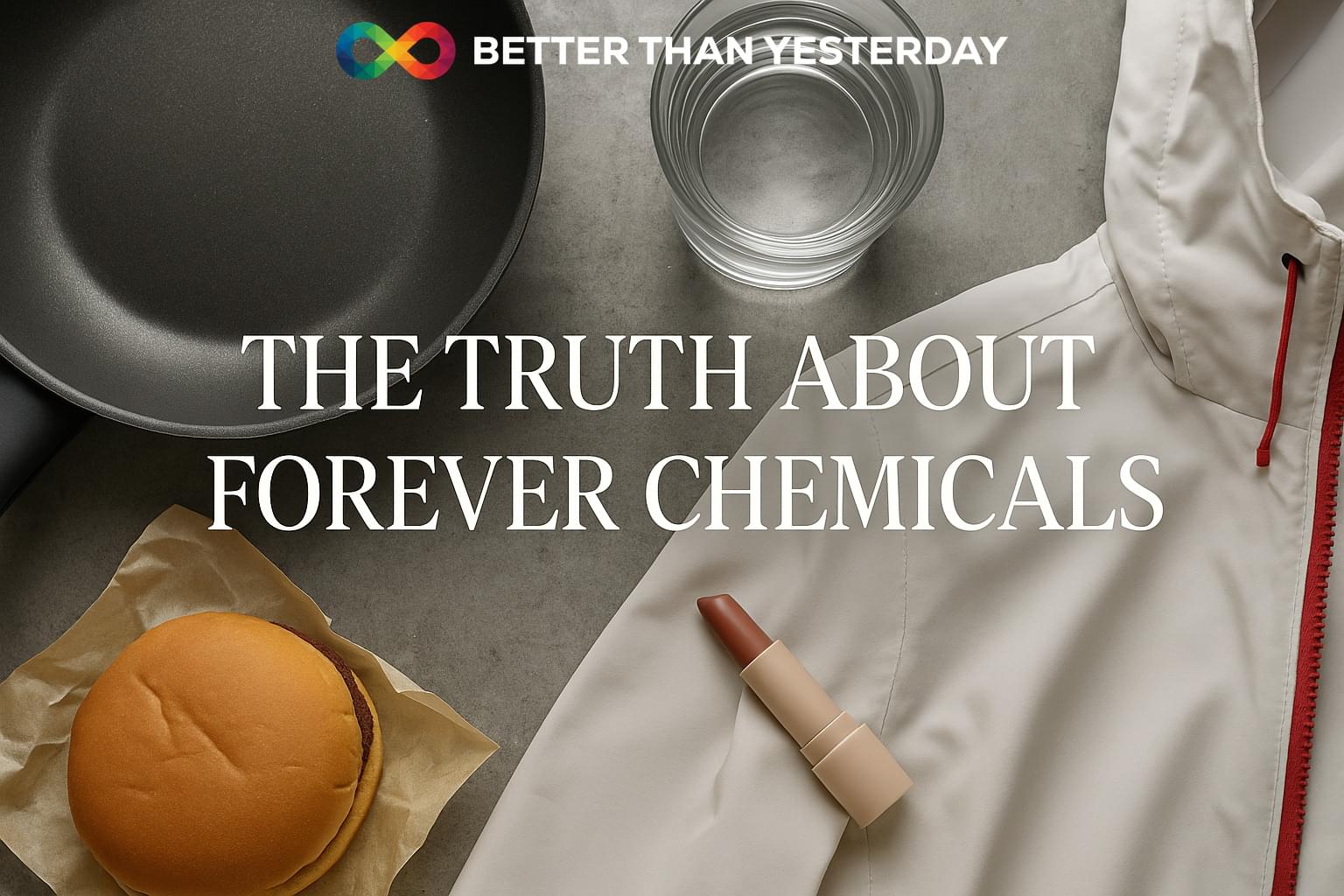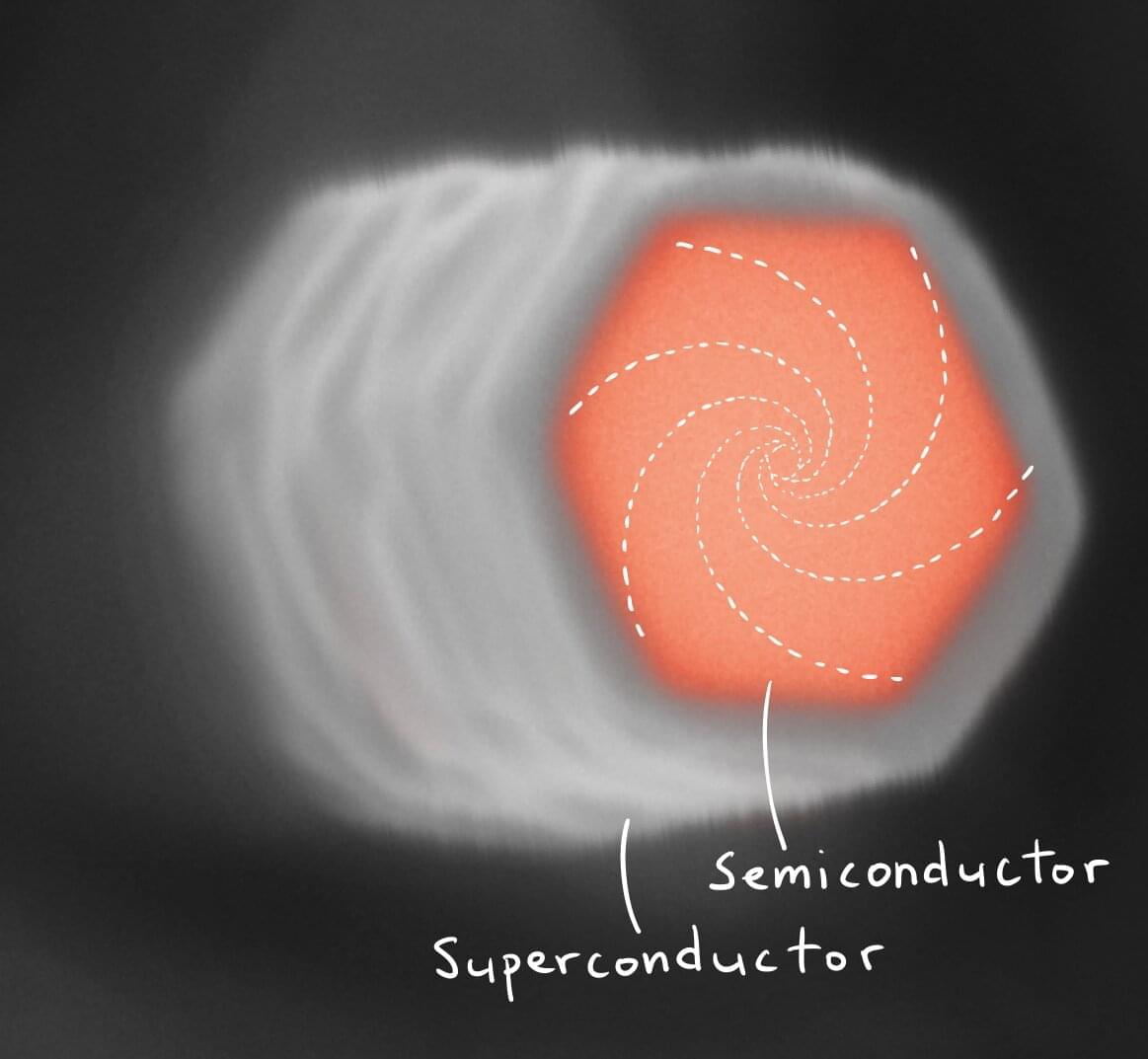Turning crude oil into everyday fuels like gasoline, diesel, and heating oil demands a huge amount of energy. In fact, this process is responsible for about 6 percent of the world’s carbon dioxide emissions. Most of that energy is spent heating the oil to separate its components based on their boiling points.
Now, in an exciting breakthrough, engineers at MIT have created a new kind of membrane that could change the game. Instead of using heat, this innovative membrane separates crude oil by filtering its components based on their molecular size.
“This is a whole new way of envisioning a separation process. Instead of boiling mixtures to purify them, why not separate components based on shape and size? The key innovation is that the filters we developed can separate very small molecules at an atomistic length scale,” says Zachary P. Smith, an associate professor of chemical engineering at MIT and the senior author of the new study.








